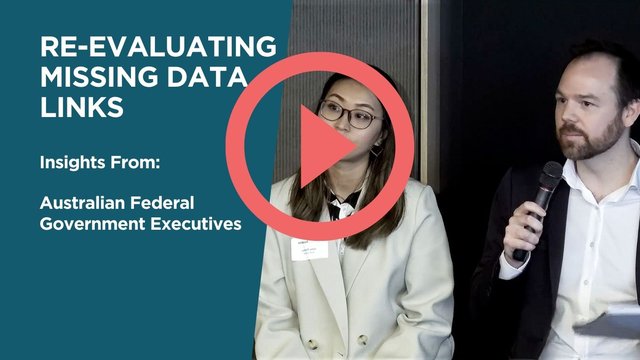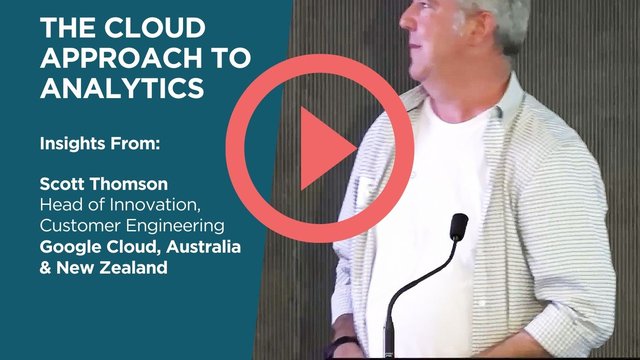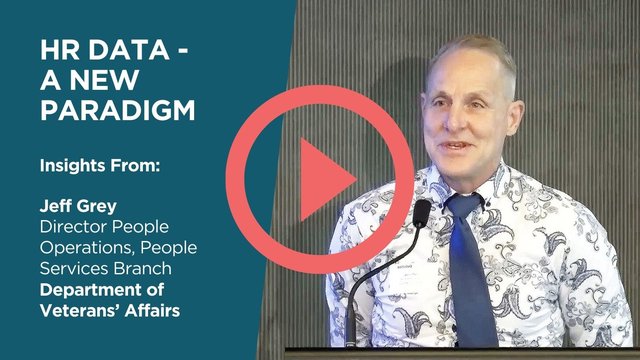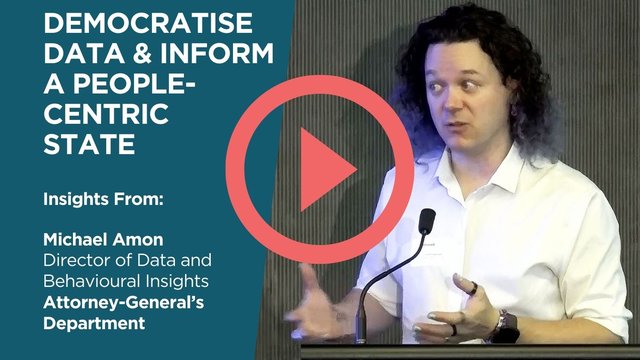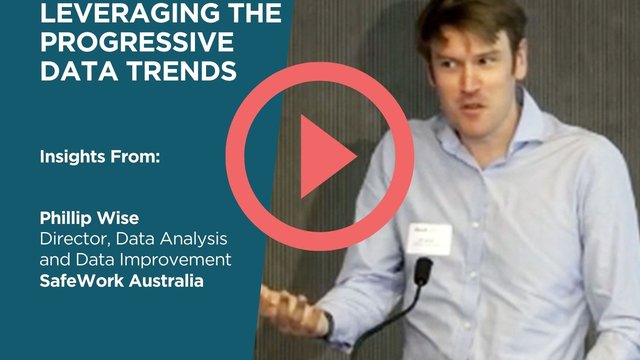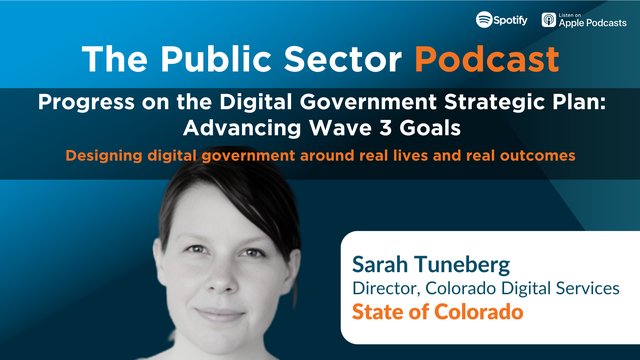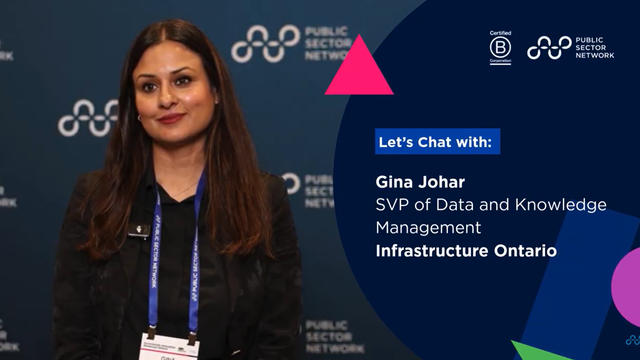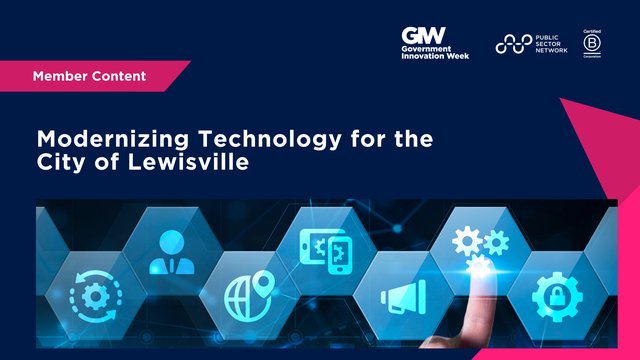

In an era driven by data, governments worldwide are increasingly turning to predictive analytics to inform decision-making, improve productivity and stream-line operations. However, with great power comes great responsibility, and the ethical considerations surrounding the use of predictive analytics cannot be ignored. To ensure that Australian government agencies leverage this technology responsibly and uphold ethical standards in their decision-making processes, several key factors must be addressed.
Bias and Fairness: Predictive analytics models may inadvertently perpetuate biases present in historical data, leading to unfair outcomes, particularly for marginalised communities. To combat this, our government agencies must proactively assess and mitigate biases within models to ensure fairness and equity in decision-making.
Privacy and Data Protection: The vast amounts of personal data required for predictive analytics raise significant privacy concerns. Government agencies must strike a balance between utilising data for policy insights and protecting individual privacy rights. Implementing robust data anonymisation, encryption, and consent mechanisms is crucial to safeguard sensitive information and maintain public trust.
Transparency and Accountability: The opaque nature of predictive models can undermine trust in government decision-making. Therefore, government organisations should strive to make their predictive analytics methodologies transparent, allowing stakeholders to understand how decisions are made and enabling scrutiny to identify and rectify potential biases or flaws.
Unintended Consequences: Predictive analytics models have the potential to produce unintended consequences or exacerbate existing inequalities if not carefully implemented. Governments must carefully consider the broader societal impacts of their policies and continuously monitor outcomes to detect and address any adverse effects, ensuring that decision-making remains socially responsible.
Reliability and Accuracy: While predictive analytics offers valuable insights, it is essential to acknowledge its limitations.
Models are probabilistic in nature and can sometimes yield misleading results. In simpler terms, accuracy relies on predicting the highest probabilities for different outcomes based on the analysed data currently available for input into the model. Therefore, our public sector agencies must prioritise the reliability and accuracy of their models to minimise the risk of unintended harm or wasted resources.
Informed Consent and Autonomy: Individuals affected by predictive analytics-driven policies should have the opportunity to provide informed consent and exercise autonomy over their data. Governments must engage in transparent communication with stakeholders, ensuring they understand the purposes and implications of predictive analytics applications and empowering them to make informed choices about their participation.
Addressing these ethical considerations requires a collaborative effort across various disciplines, including data science, ethics, law, and social sciences. To ensure continuing credibility, our government agencies should establish clear ethical frameworks, codes of conduct, and oversight mechanisms to guide the responsible use of predictive analytics in decision-making. Additionally, ongoing dialogue with stakeholders, including civil society organisations and affected communities, is essential to ensure that predictive analytics initiatives uphold ethical principles and serve the public interest.
All of this, along with questions like:
- How can we strike a balance between perceiving individuals as data points and as unique human beings?
- How can we ensure that our decisions are informed not only by numbers but also by the authentic voices of our citizens?
Will be discussed in detail at the 9th Annual Data and Analytics Roadshow touring Australia and New Zealand in June. For more information, and to secure your seat at an event near you, visit the event website.


